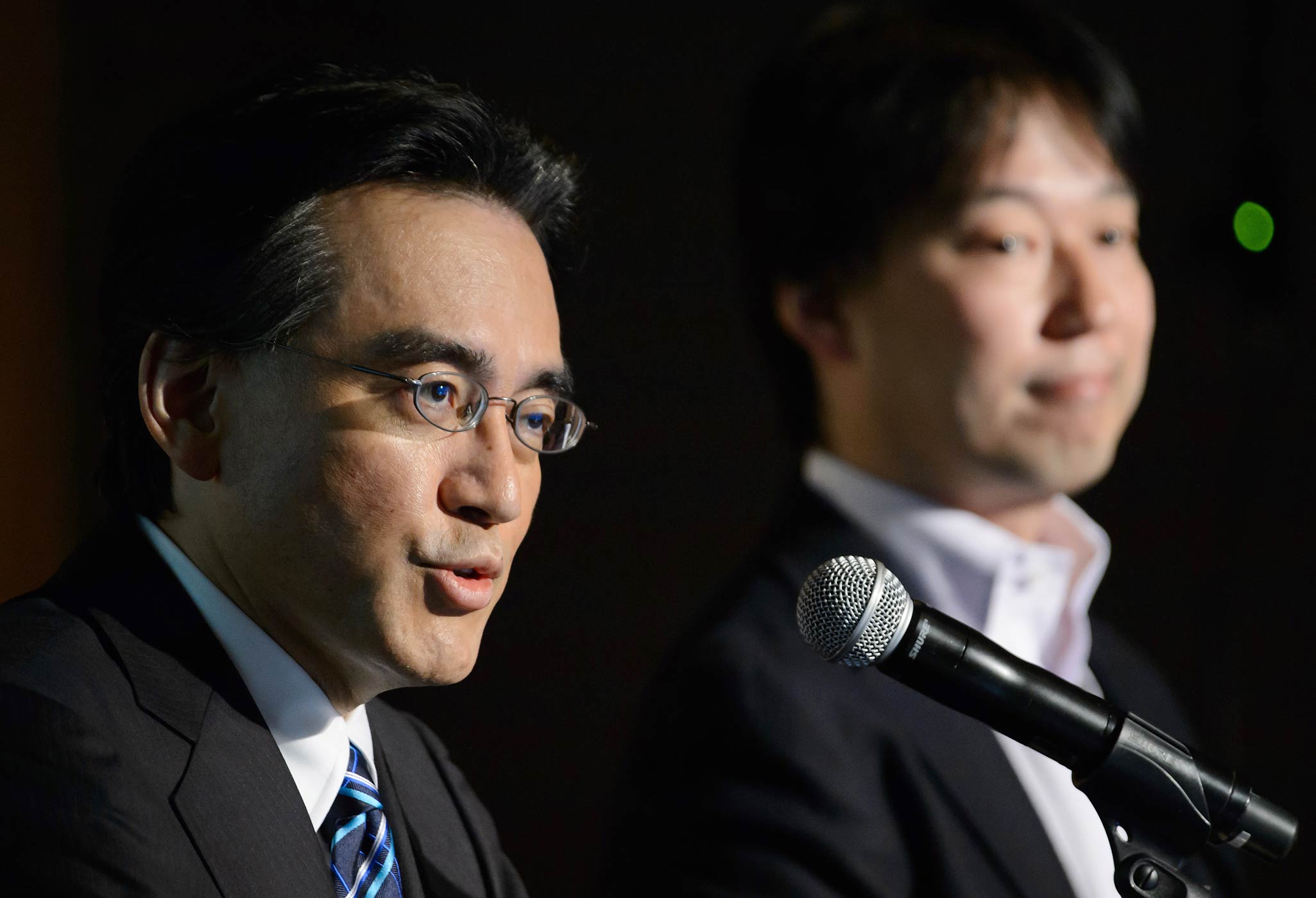
Last week, Nintendo President and CEO Satoru Iwata spoke exclusively to TIME about the company’s plans to develop games for smart devices, sluggish Wii U sales, rumors of a live action Netflix Zelda series and why a last-minute feature for the company’s New 3DS games handheld nearly sabotaged its debut.
Here’s the rest of that interview’s takeaways in Iwata’s own words.
Nintendo’s plans to develop games for smart devices is still about bringing different generations of players together
“One thing that we have found over the years is that video games themselves have a tendency to be difficult to break out of a particular segment,” says Iwata. “But what we have found with some of our most successful products, is that they tend to be ones where people are playing them together and the communication is spreading much more broadly and easily than standard word of mouth communication. And what you start to see is people of different generations playing together and talking with each other, and sometimes you even see grandchildren talking with their grandparents about a video game.”
“So with the plans for our smart device efforts, that will also take on this theme of giving people opportunities to learn from one another about games, and giving games an opportunity to spread across different generations of people, and give people more opportunity to communicate with one another about games,” explains Iwata. “And I want to say that we’re going to be putting forth some effort to be able to provide some factual data that supports these viewpoints.”
Iwata thinks Nintendo can overcome free-to-play’s stigmas
“I do not like to use the term ‘Free-to-play,'” says Iwata. “I have come to realize that there is a degree of insincerity to consumers with this terminology, since so-called ‘Free-to-play’ should be referred to more accurately as ‘Free-to-start.'”
“The thing that concerns me most is that, in the digital age, if we fail to make efforts to maintain the value of our content, there is the high possibility for the value to be greatly reduced as the history of the music industry has shown,” he continues. “On the other hand, I have no intention to deny the Free-to-start model. In fact, depending on how we approach this model, we may be able to overcome these problems.”
But Iwata doesn’t view free-to-play as a progressive development
“I do not believe it is an either-or situation between Free-to-start and packaged game retail business models,” argues Iwata. “There are games which are more suited for the Free-to-start model. We can flexibly choose between both revenue systems depending on the software content.”
“However, because there are games or types of games which are suited for the existing package model, and because there are consumers who appreciate and support them, I have to say that it is a one-sided claim to suggest that a complete transition to a Free-to-start model should be made because the existing retail model is outdated.”
Nintendo was “forced” to sell the Wii U at a higher cost than it might have otherwise
“I think, to be honest, we were in a difficult situation,” says Iwata. “Because for the home console our biggest market opportunity was in the overseas markets in the U.S. and Europe, but because of the valuation of the yen and the exchange rates into dollars and euro, it made it a difficult proposition for us to capitalize on that, because of the cost that we were forced to sell the system at.”
The New 3DS’ “Super-Stable 3D” feature nearly torpedoed Nintendo’s latest games handheld
Nintendo’s New 3DS (reviewed here) employs a special eye-tracking sensor that improves the way the handheld conveys its eponymous 3D trick. But according to Iwata, the feature emerged as the device was about to head into production, prompting an eleventh hour scramble.
“I think you’re probably familiar with the tales of how, in the late stages of development, Mr. Miyamoto always upends the tea table,” said Iwata. “So a similar thing happened this time. The hardware developers had designed a piece of hardware that they felt was at the final stage of prototyping, and they were bringing it to us for approval to begin moving forward with plans for manufacturing. But Mr. Miyamoto had seen that super-stable 3D just one week before, and he asked “Why aren’t we putting that in this system? If we don’t put this in it, there’s no point in making the system.”
Iwata says he was personally asked many times by his internal engineers, “Are we really going to do this?”
“But Nintendo is a company of Kyoto craftsman, and what we don’t want to do, is if we know we can make something better, we don’t want to leave that behind,” he explains. “So we were able to bring the super-stable 3D to reality by looking technically at what we can do to solve those challenges and finding those steps along the way to make it happen. This is where my background in technology is quite helpful, because it means that the engineers can’t trick me.”
Iwata doesn’t see Amiibo as a Skylanders or Disney Infinity clone
“At first glance it may look like we’re a trend follower with amiibo,” says Iwata. “But really what we’re doing is, we have introduced amiibo in a way that is new and where amiibo do things in our games that they can’t do anywhere else. From that perspective, we feel that we are a trendsetter.”
“It’s true that if you go into a retail store, and you see the retail shelves, that from a retail perspective, we’re leveraging the structure that’s in place for how the toys to life category is being sold. That’s a hurdle that’s hard to overcome in terms of differentiation. But in terms of how the amiibo are used in games, we do feel that we are taking the lead in terms of broadening what toys to life can be.”
And the Smash Bros. characters have been toys all along
“What’s interesting about the Smash Bros. games, is that the Smash Bros. games do not represent the Nintendo characters fighting against one another, they actually represent toys of Nintendo characters getting into an imaginary battle amongst themselves,” explains Iwata. “And frankly that has to do with a very serious debate that we had within the company back then, which was, ‘Is it really okay for Nintendo characters to be hitting other Nintendo characters? Is it okay for Mario to be hitting Pikachu?'”
That story about a new live action series Zelda series coming to Netflix in Japan may not be accurate
In early February, the Wall Street Journal reported that Netflix was developing a live-action series based on Nintendo’s Legend of Zelda franchise. But Mr. Iwata says those rumors are inaccurate.
“As of now, I have nothing new to share with you in regard to the use of our IPs for any TV shows or films, but I can at least confirm that the article in question is not based on correct information,” says Iwata.
Read next: Exclusive: Nintendo CEO Reveals Plans for Smartphones
The 10 Best Classic PC Games You Can Play Right Now
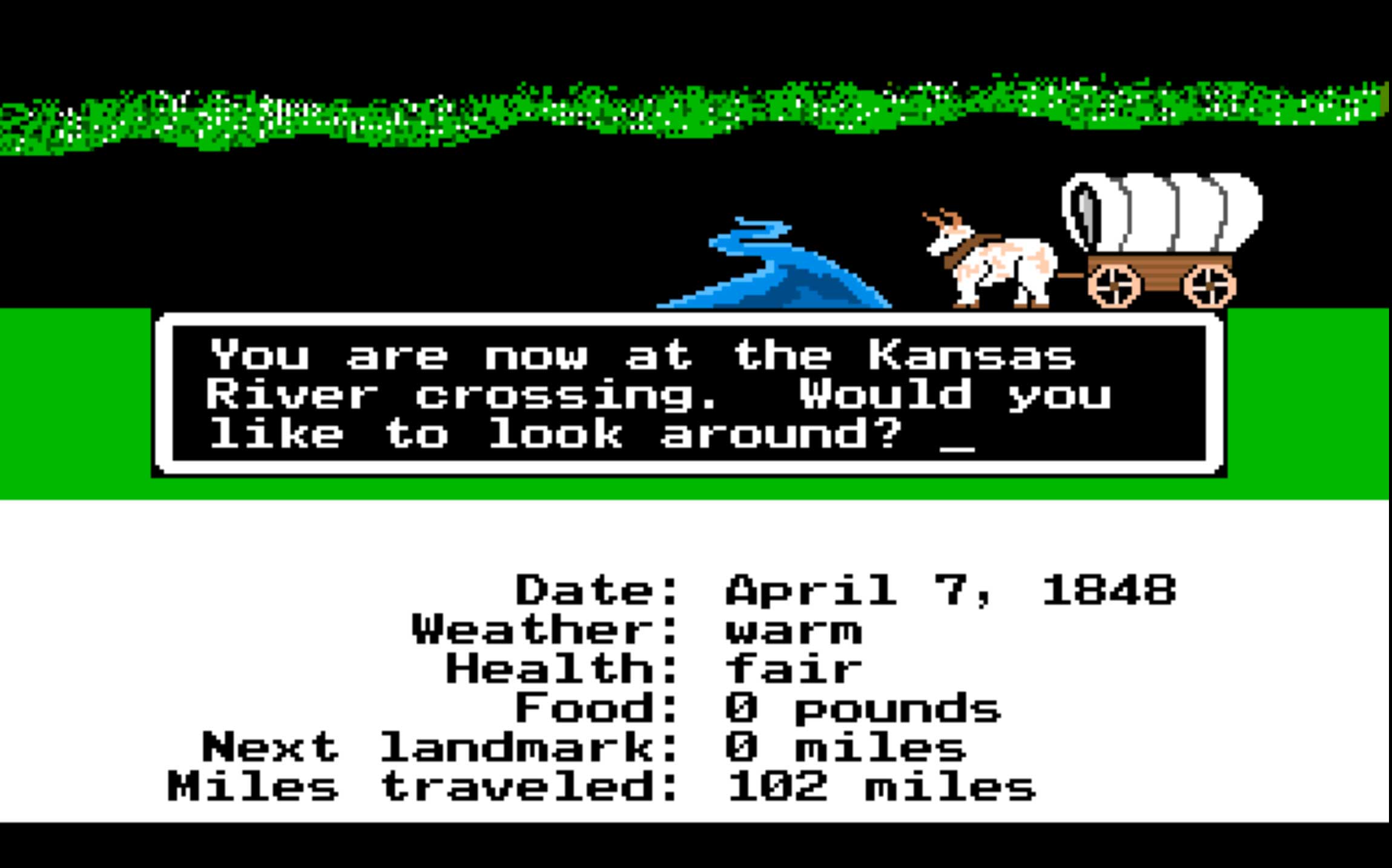
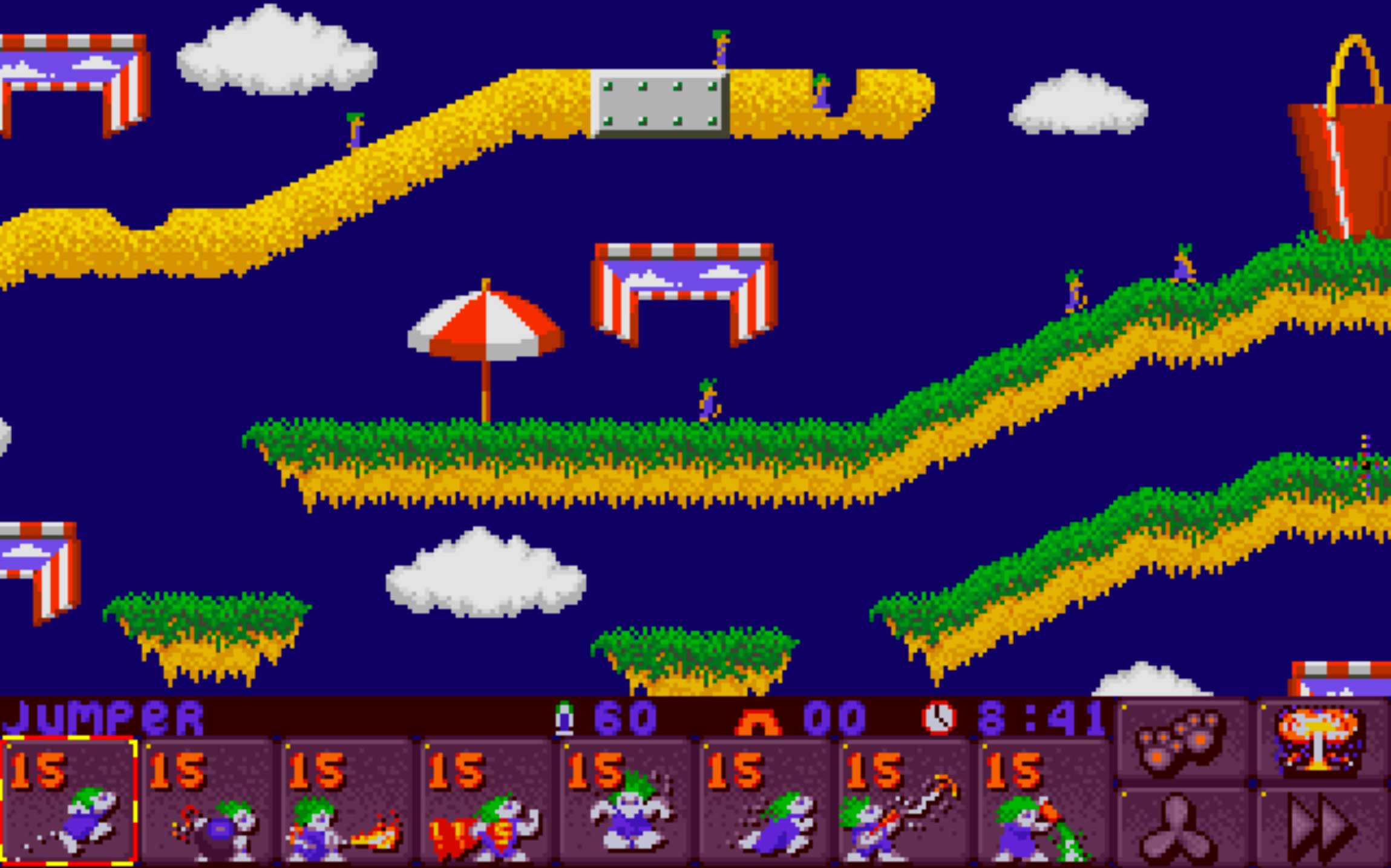
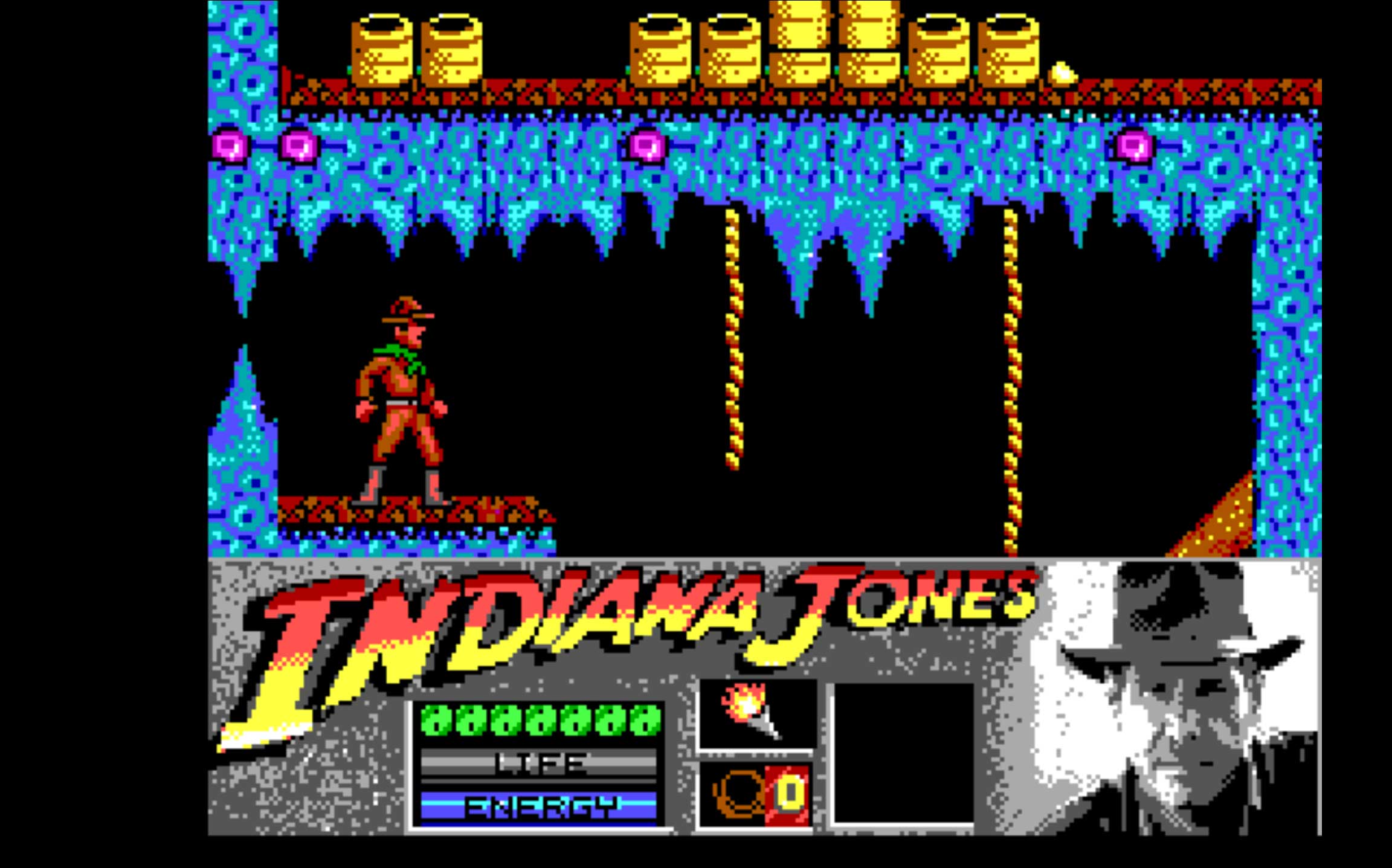
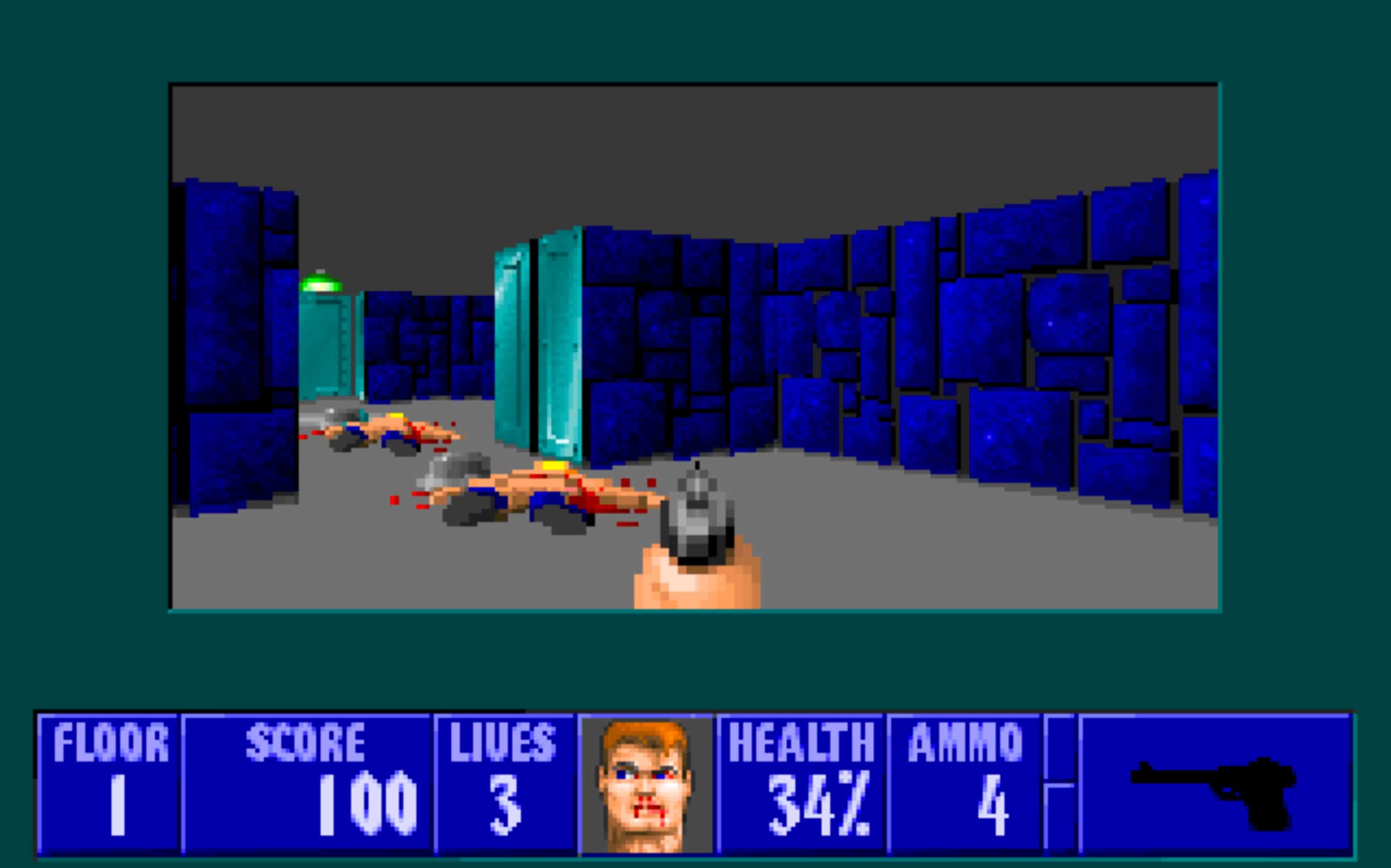
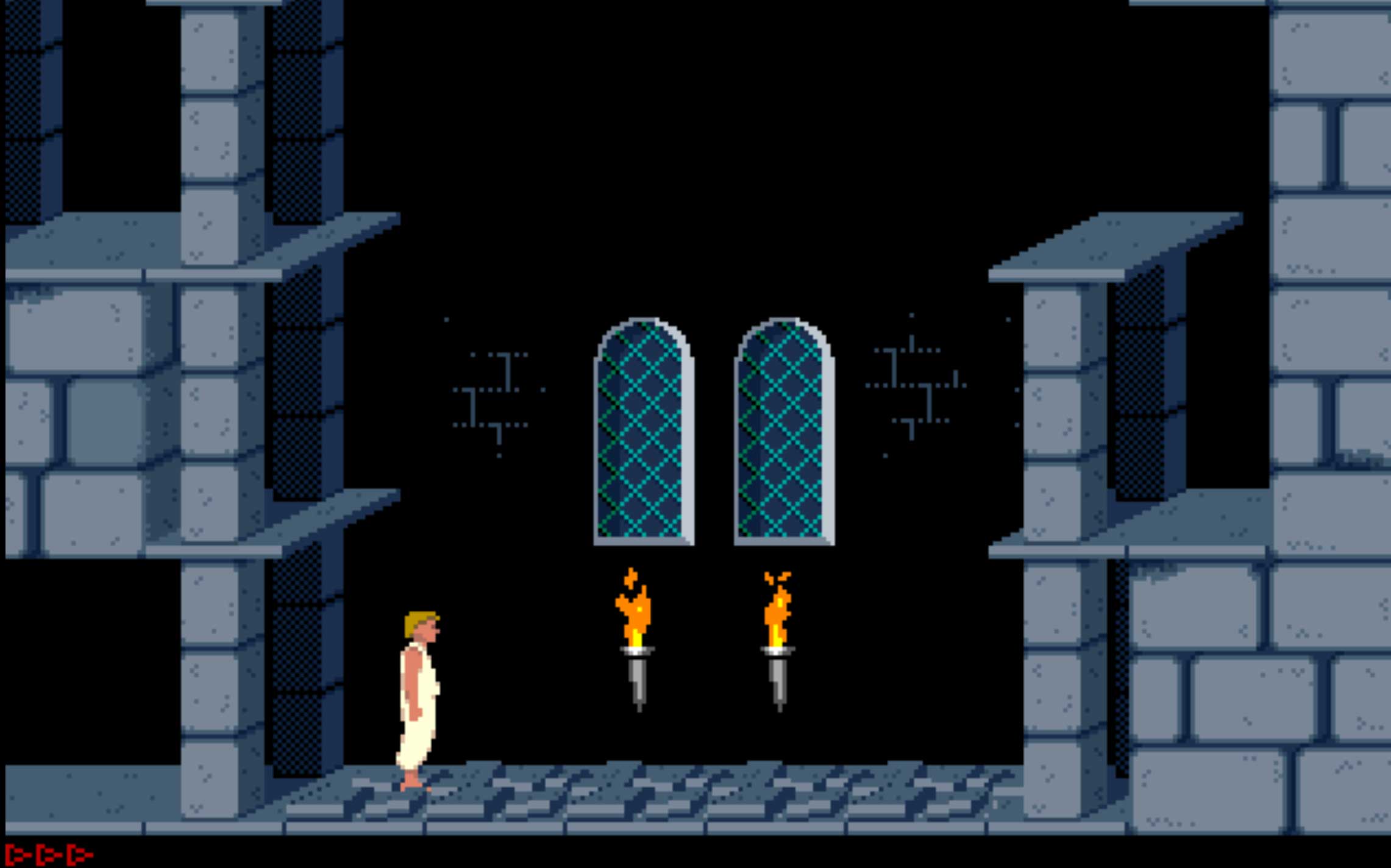
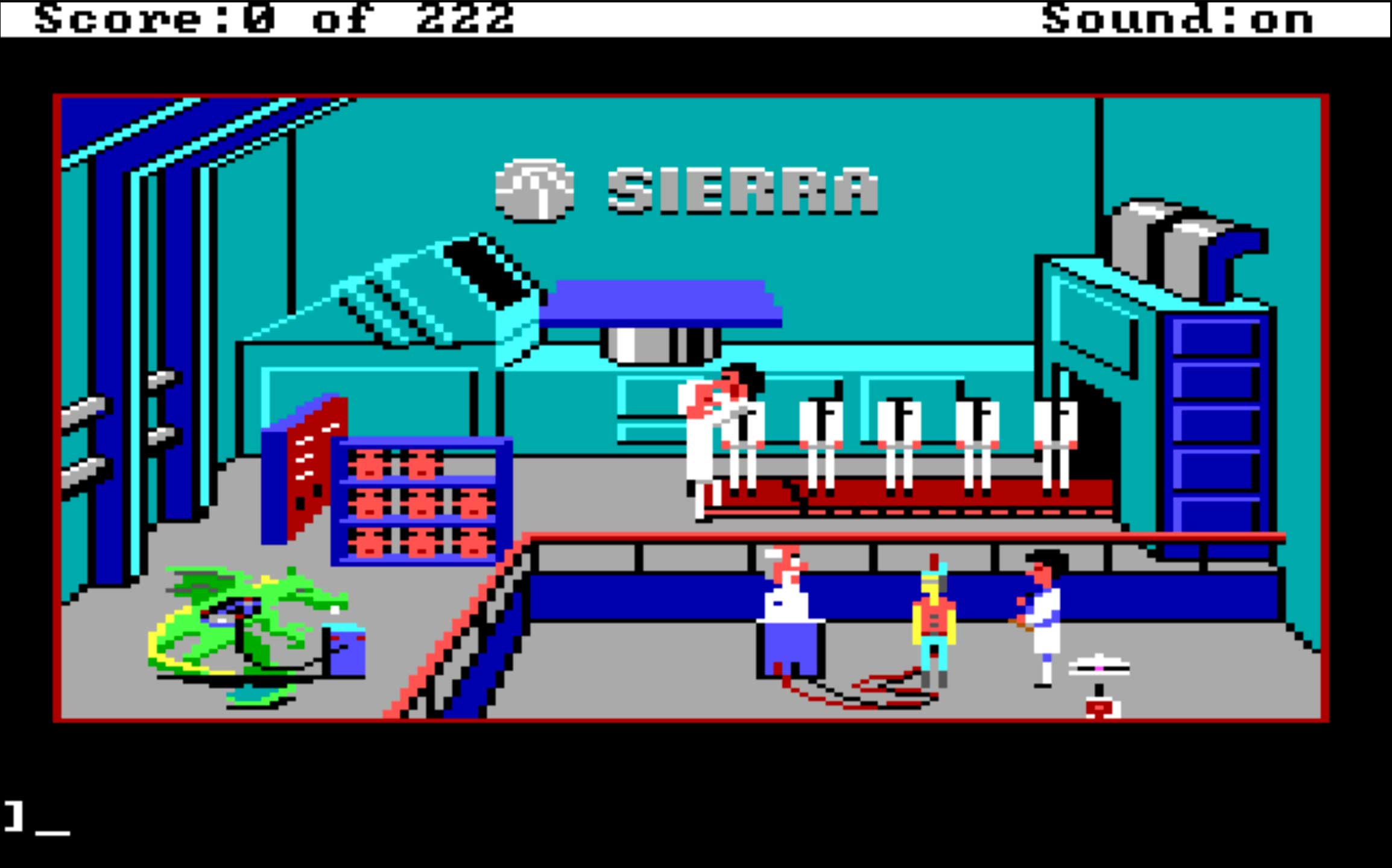
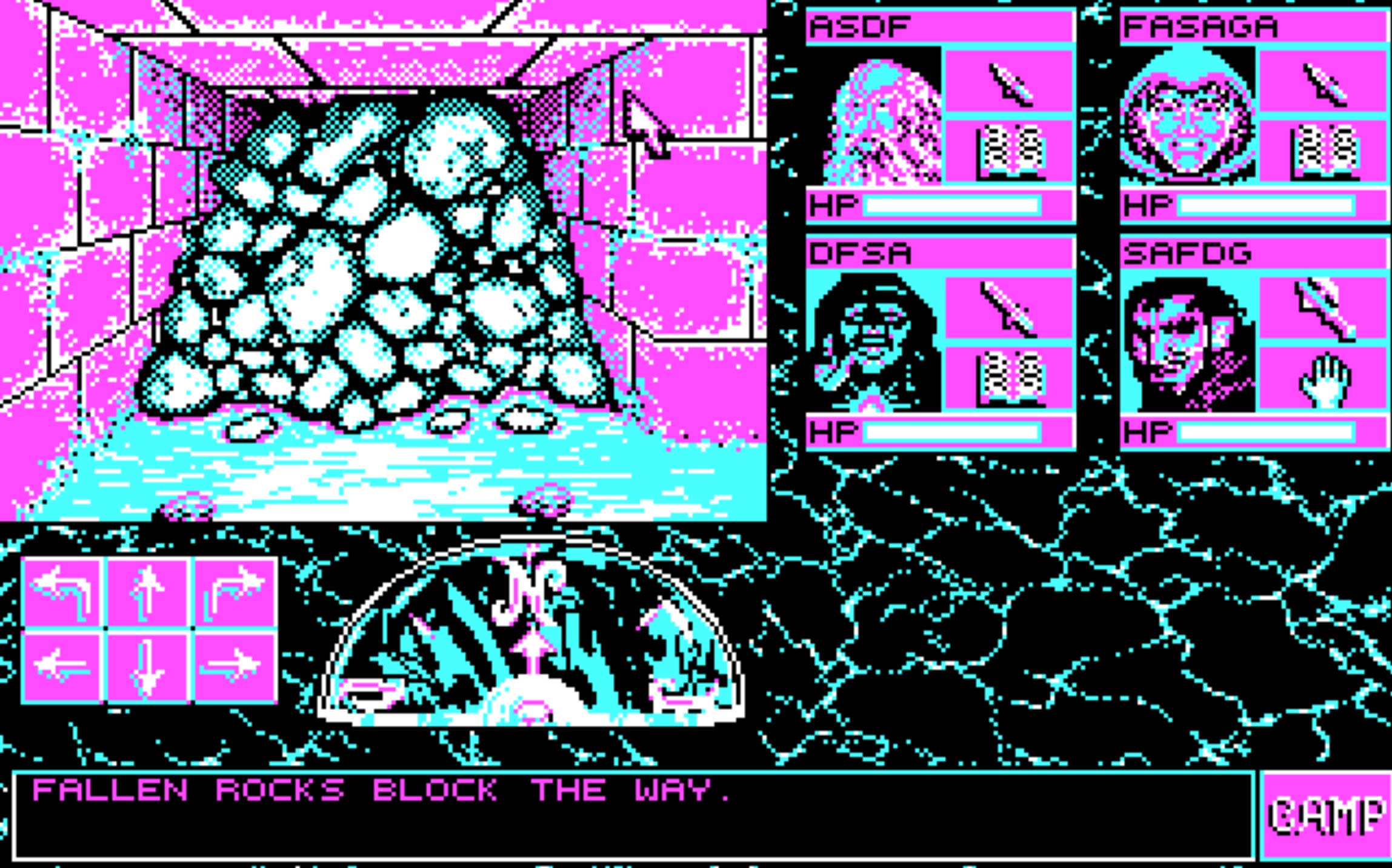
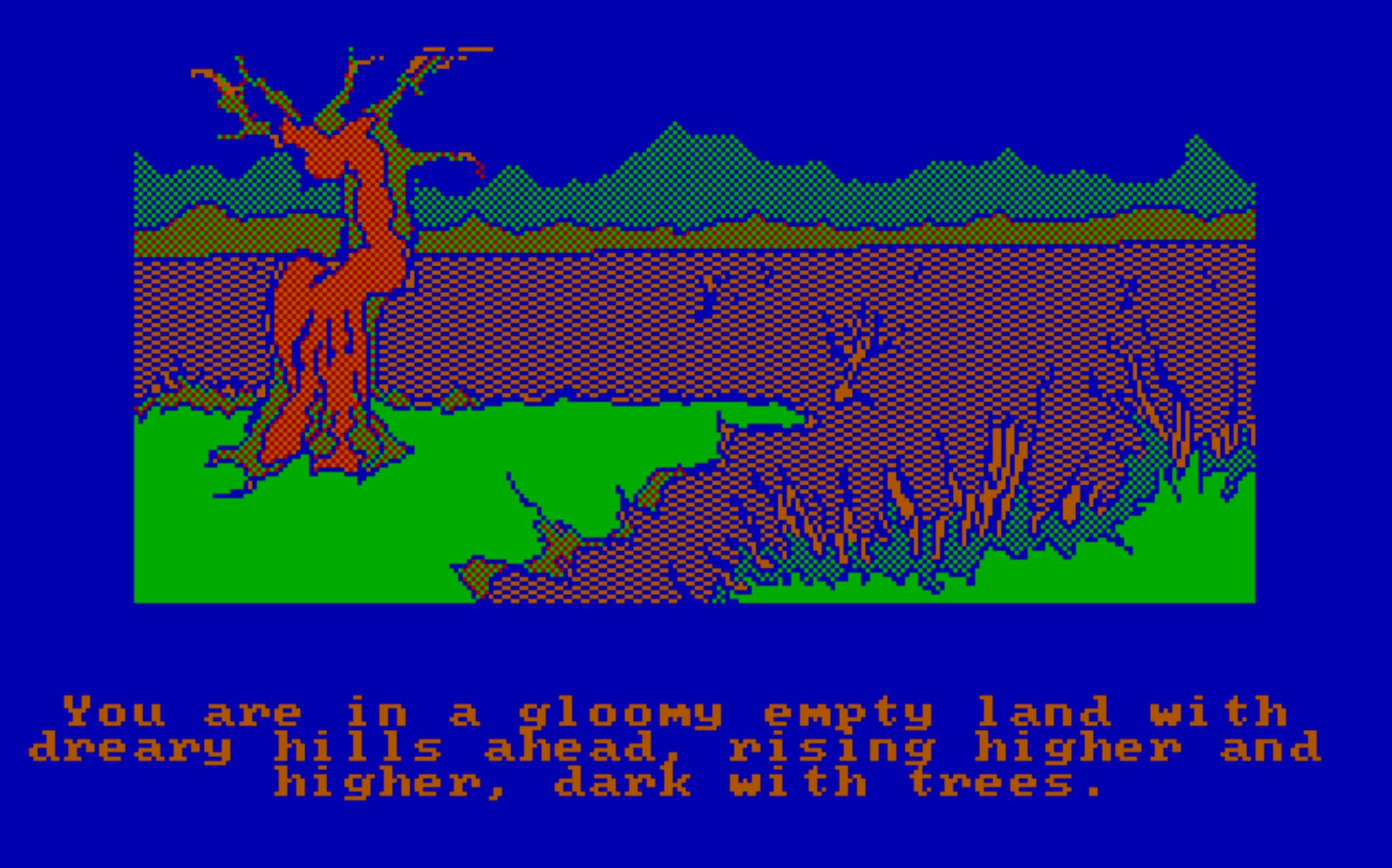
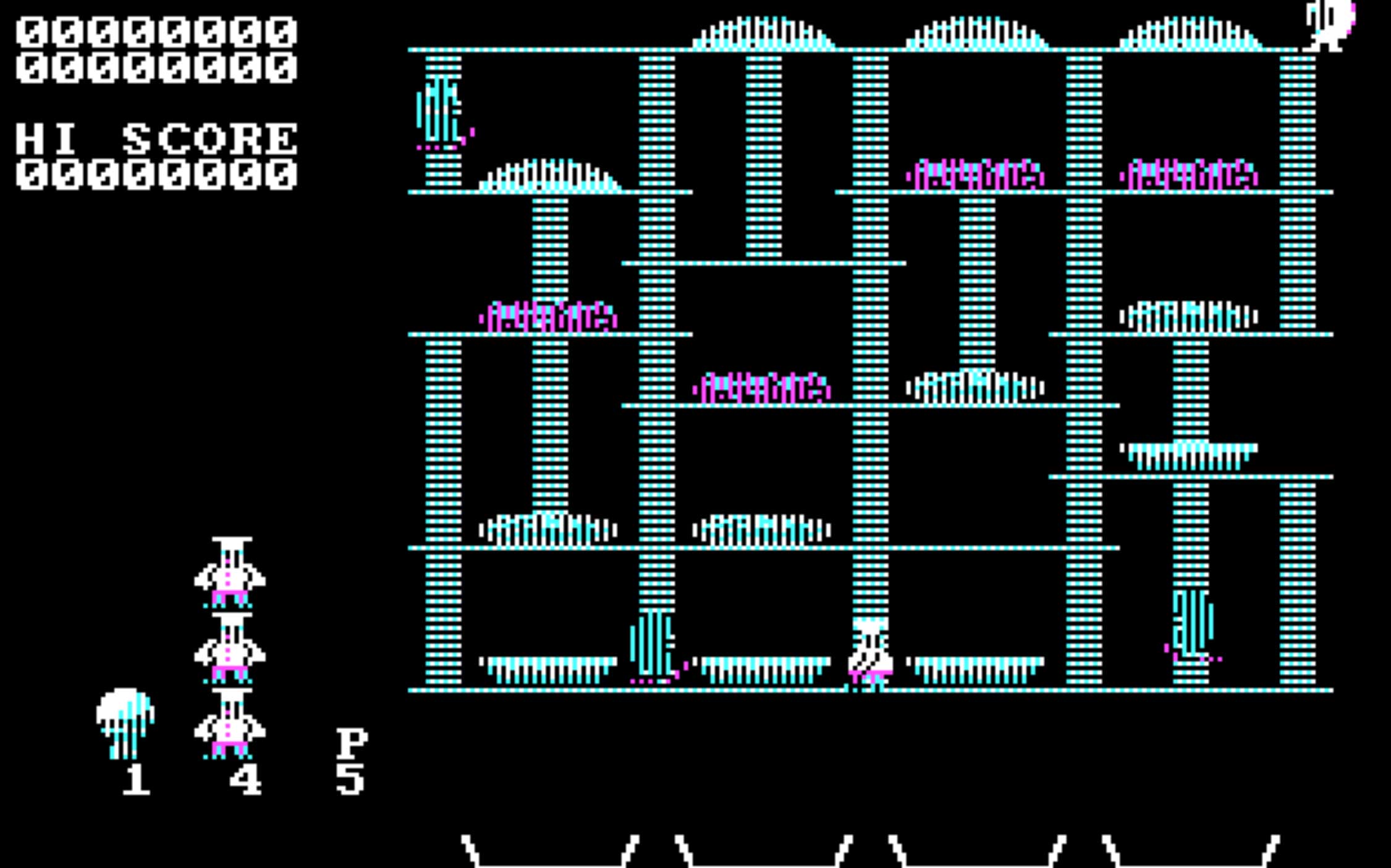
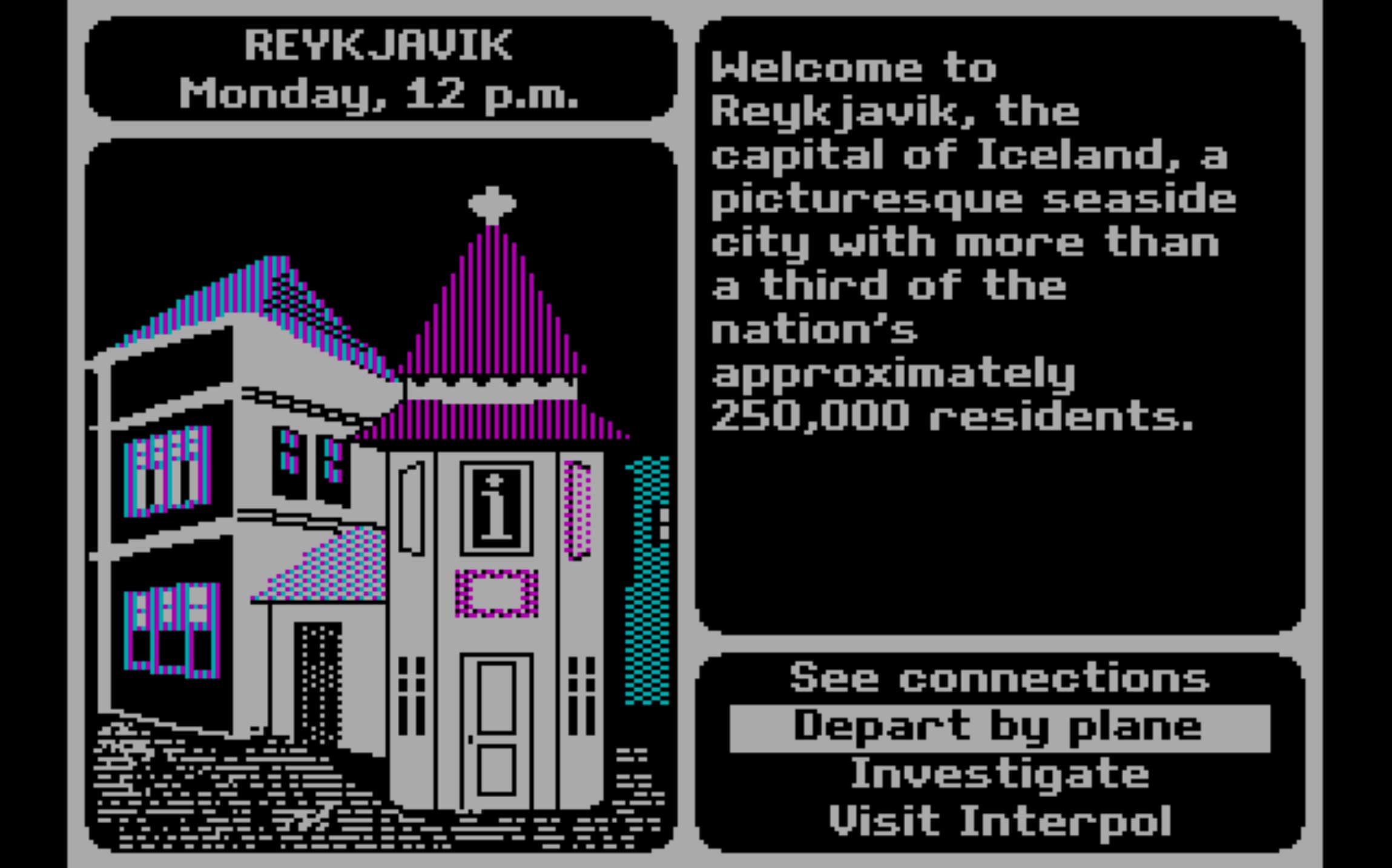
More Must-Reads from TIME
- Why Trump’s Message Worked on Latino Men
- What Trump’s Win Could Mean for Housing
- The 100 Must-Read Books of 2024
- Sleep Doctors Share the 1 Tip That’s Changed Their Lives
- Column: Let’s Bring Back Romance
- What It’s Like to Have Long COVID As a Kid
- FX’s Say Nothing Is the Must-Watch Political Thriller of 2024
- Merle Bombardieri Is Helping People Make the Baby Decision
Write to Matt Peckham at matt.peckham@time.com